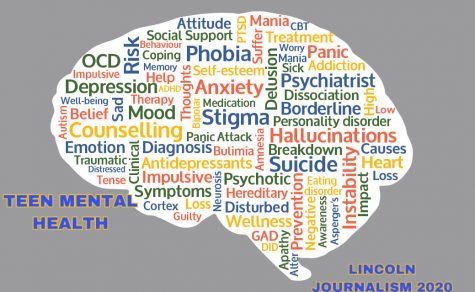Starting School Later Impacts the Community
Starting School Later Impacts the Community
By Sarai Castillo, Marcus Fass, Angel Paez, and Mireya Ramirez Jose
There’s many perspectives on the suggestion of changing and delaying the time that school starts. Changing the time that school starts matters because it’s a topic that impacts the school community. This change doesn’t only impact students, but it also impacts their parents and the school staff and schedule.
Later school start times might not be as favorable by the parents and school staff than by the students. Delaying school start times also means delaying school dismissal times which brought up many concerns from students’ parents and school staff. Parents were concerned that since there will be later dismissal times, their children might have to walk in the dark while walking home. Parents might also be concerned with not being able to take their children to school later because of their jobs being scheduled at different times. School staff might not be in favor of these changes because of extracurricular activities that happen after school which will have to end even later. They also wouldn’t support this change because of modifying bus schedules and its cost.
Although parents and school staff might not favor these changes, they can be beneficial to students in many ways. Many students tend to stay up late because of their phones, which means they don’t get enough sleep and that leads to poor academic performances. Lack of sleep doesn’t only impact students’ academic performances, but it also causes health problems, such as overweight, depression and anxiety. Early school start times also lead to many absences and tardies from many students. However, with a delayed start time, students will get enough sleep, which would most likely result in a better academic performance and alertness. Many doctors urge later school start times for the health of students. While they need on average 9 ¼ hours of sleep per night for optimal performance, health and brain development, teens average fewer than 7 hours of sleep per school night. As a result, when it is time to wake up for school, the adolescent’s body says it is still the middle of the night, and he or she has had too little sleep to feel rested and alert. The American Academy of Pediatrics recommended middle and high schools to start later around 8:30 a.m. or even later to avoid sleep deprivation and allow students to get the amount of sleep they need to perform better in school.
Overall, the world and times we live in care about students’ academic performance and are willing to make these changes to help them improve.
Works Cited
Andersen, Casey. “Here’s What Happens When School Starts Later.” neaToday News. neaToday, 27 Feb. 2019. https://bit.ly/2NFZIOs
Strauss, Valerie. “U.S. doctors urge later school start times for teens.” The Washington Post. The Washington Post, 25 Aug. 2014. https://wapo.st/36hm5jX





